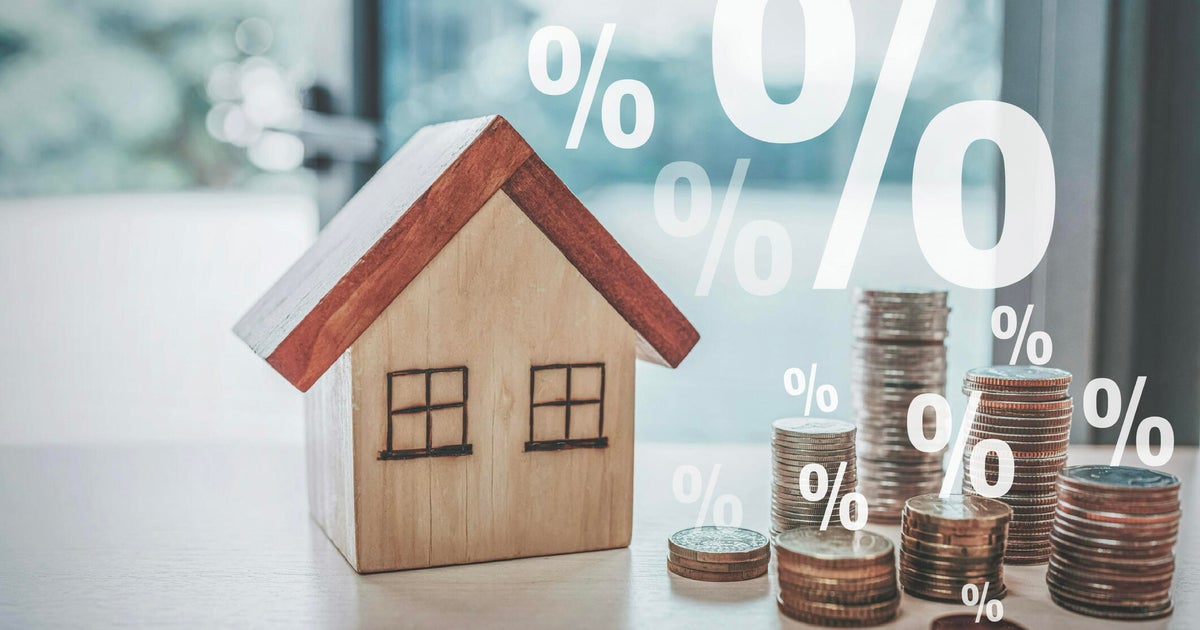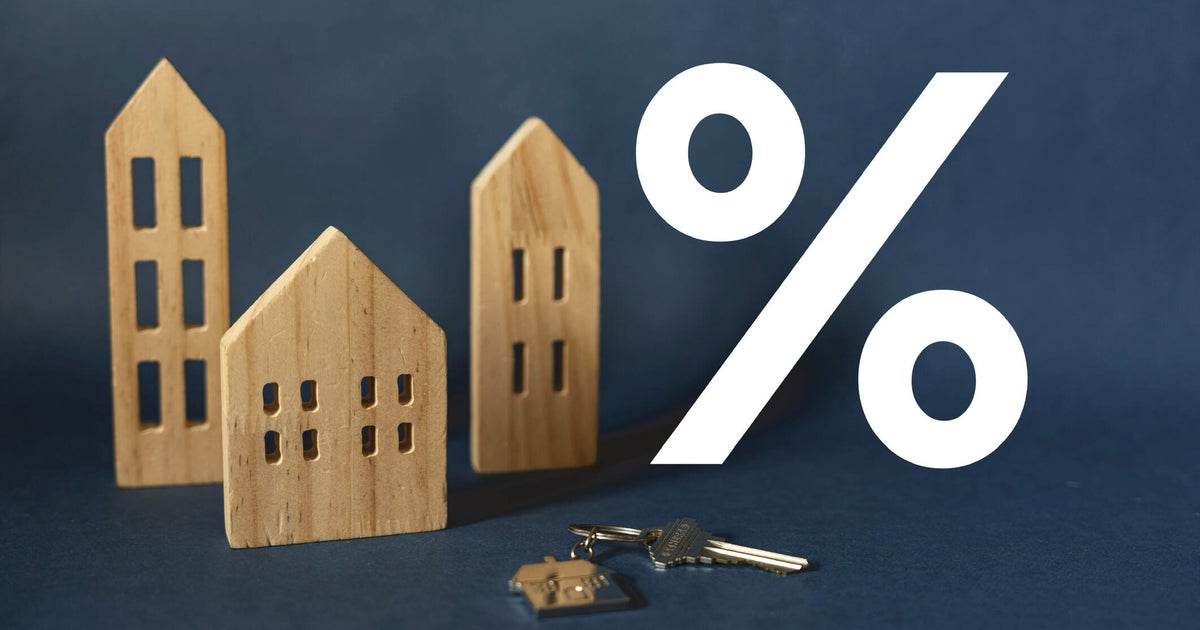How to use home equity to winterize your home
The leaves may have just started changing, but now is the time to start thinking about preparing your home for the winter. Winterizing your home can protect it from damage caused by severe weather, keep your family warm and reduce your energy bills.
Depending on how much work your home needs to get it ready for winter, this can be expensive. However, it can be well worth the investment. And if you have sufficient equity built up in your home, it can help you pay for these improvements at a much more affordable cost than financing options like credit cards and personal loans.
Check out today's home equity rates here.
How to use home equity to winterize your home
Home equity is the amount of value you own in your home outright. You can tap into this equity to finance a number of expenses, including winterizing your home. Here's how.
Identify the projects you need to complete
There are many ways to winterize your home. If you like, you can hire a professional energy auditor to evaluate your home's energy performance and identify where your home is losing heat. But you don't have to. Here's a list of common winterizing projects to consider:
- Cleaning the gutters
- Inspecting the roof for any places rain or snow could leak in
- Cleaning the chimney
- Adding insulation to the attic
- Insulating pipes
- Draining and disconnecting exterior hoses
- HVAC system inspection and cleaning furnace filters
- Weatherstripping windows or installing storm windows and doors
- Trimming tree branches that could break in wind, snow and ice
- Sealing a wooden deck
- Repairing and stocking up on supplies like snowblowers and salt
Once you have your list of to-dos, use an online resource like HomeAdvisor to estimate how much everything will cost.
Compare home equity offers online now.
Choose a home equity product
There are two main types of home equity financing products most people choose: home equity loans and home equity lines of credit (HELOCs).
A home equity loan gives you a lump sum of money, which you pay back in installments over a set period at a fixed interest rate. A HELOC works like a credit card, allowing you to withdraw funds as needed up to a certain limit. You have a draw period when you can access funds, followed by a repayment period when you pay back what you borrowed at a variable interest rate.
Which product is right for you depends on several factors, so take the time to weigh the pros and cons against your needs.
Calculate your home equity
To determine your home equity, subtract your outstanding mortgage balance from your home's current market value. For example, if you owe $300,000 on your mortgage and your home is currently worth $400,000, your equity would be $100,000.
Most lenders will allow you to borrow up to 80% of your home equity, depending on factors like your income and credit score. But you should only borrow the amount you think you'll need to avoid paying unnecessary interest.
Find the best home equity loan or HELOC for you here.
Shop around and apply for a product
Take the time to compare home equity products to find one with the best rates and terms for your needs. Get quotes from multiple lenders to see precisely what you might qualify for. Also, take the time to read online customer reviews to learn what other homeowners have thought about working with the lender.
Once you've chosen a lender and product, you can apply online by providing certain information and documentation.
Benefits of using home equity to winterize your home
Using home equity to winterize your home has several benefits, including:
- Wintering can save you money on energy bills.
- You can protect your home from potential damage.
- Home equity product interest rates are often significantly lower than other financing options.
- If your projects meet IRS requirements, you may be able to deduct the interest on your tax return.
- Depending on your home improvements, they may increase your home's value.
The bottom line
Winterizing your home can save you money on energy bills and help you stay warm and cozy during the colder months. And using your home equity to finance these improvements can help you make them more affordable. So don't let the winter months creep up on you — get started today so you can sit back and relax when the weather outside gets frightful.




